Gamindo’s winning concept: a new cybersecurity training game
Connecting the dots to find a win-win solution. This is what Gamindo, a full-remote Italian startup that develops video games for companies for marketing and training purposes, has done. Looking at the gap between highly specialised professionals in cybersecurity compared to the number of job positions available in this field, Nicolò Santin and Matteo Albrizio sniffed the deal and bet on game-based learning. By creating games tailored to the needs of companies, they have attracted the interest of many companies eager to improve their employees’ skills, including cybersecurity.
After designing games based on the cyber needs of Google, Allianz, Bulgari and Generali, in collaboration with Luca Viganò, cybersecurity expert and lecturer at King’s College London, Gamindo created Cyber Shield. A video game that spans various areas, such as secure passwords, two-factor authentication, phishing, QR code risks and malware. Immersed in a virtual world under the guidance of a security guru, users learn defensive strategies against cyber attacks. It can test their knowledge through specific tests at the end of each module. To learn more, I interviewed Nicolò Santin, founder and CEO of Gamindo.
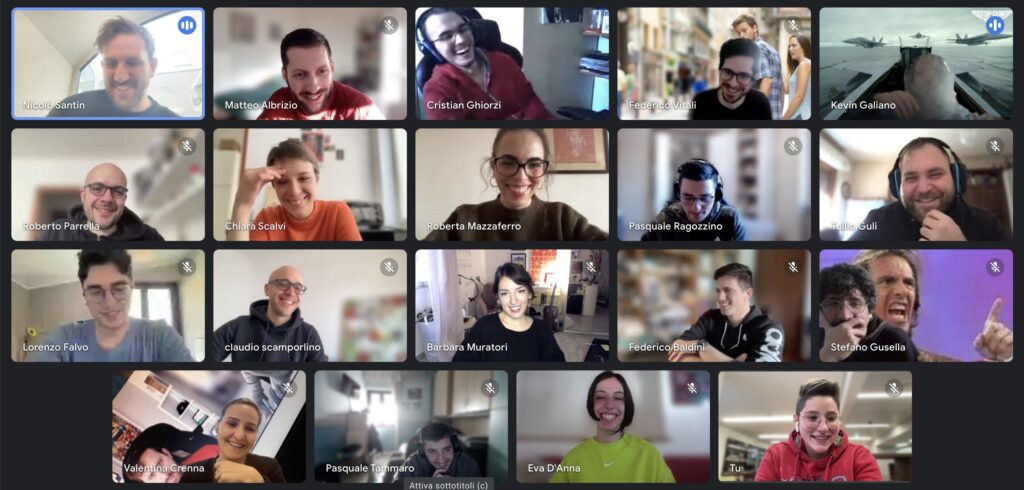
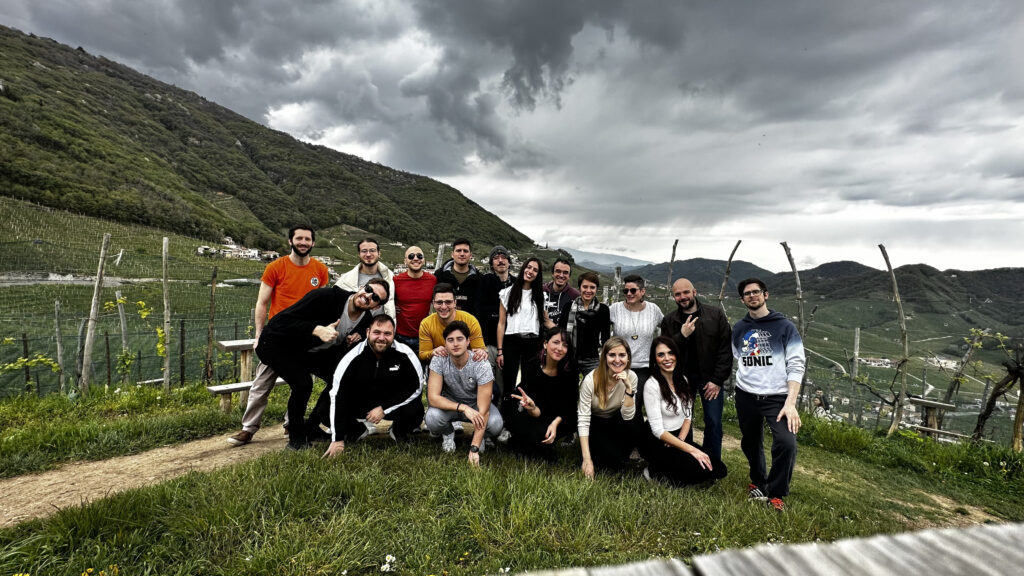
How did the idea of making a cybersecurity video game (Gamindo) come about? Your own intuition or an external request?
The idea arose from our desire to ‘productise’ a type of game that we were asked to make by several multinational clients, such as Google and Generali. We started with the development on the assumption that cybersecurity training is an issue that concerns all companies in the world, bar none. Let me explain with two significant aspects: every 39 seconds worldwide. There is a cyber-attack, and in 90% of the cases, it is due to human error. We need to educate people on this issue, and with the solutions we have created for different client companies, we have seen the extraordinary potential of game-based learning to deal with this issue.
Why can a video game be more effective than a classic training course?
Because the level of interactivity and concentration on the content is much higher than the passive enjoyment of a classic video. In the video game, the player actively engages and delights in the game adventure, precluding the ability to do other things simultaneously.
What other experiences and clients have you had so far in cybersecurity?
The Space Shelter video game, made for Google, was the first project on cybersecurity. In the following months, many other companies asked us for similar solutions. Both to educate the external public (as happened with Privacy Race, which we made for Enel) and to train internal employees. The game is then integrated within the companies’ LMS platforms and is classic training content for all intents and purposes.
On the experiment front, we are starting to plan the integration of generative AI in order to be able to create tailor-made content for each user.
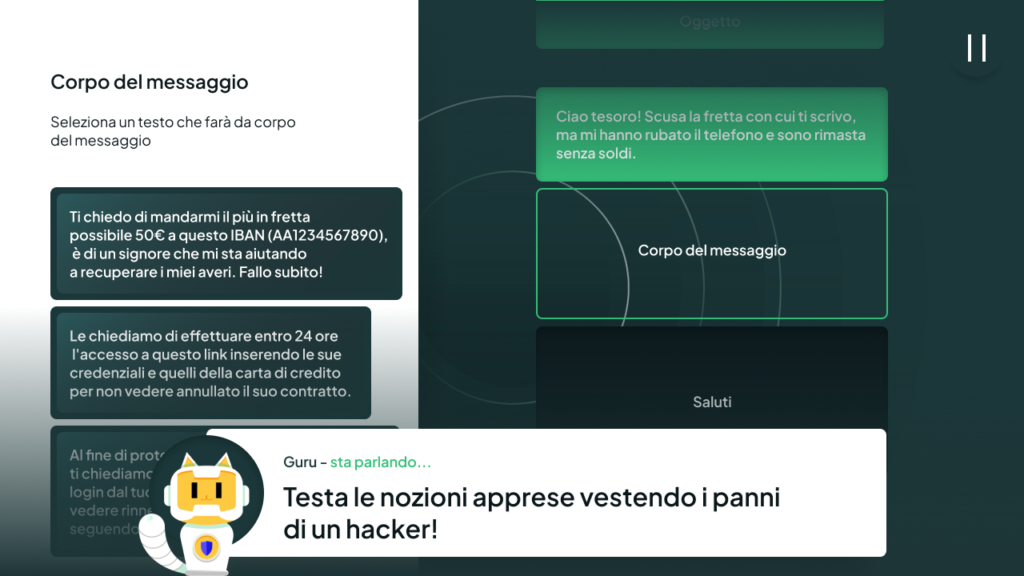
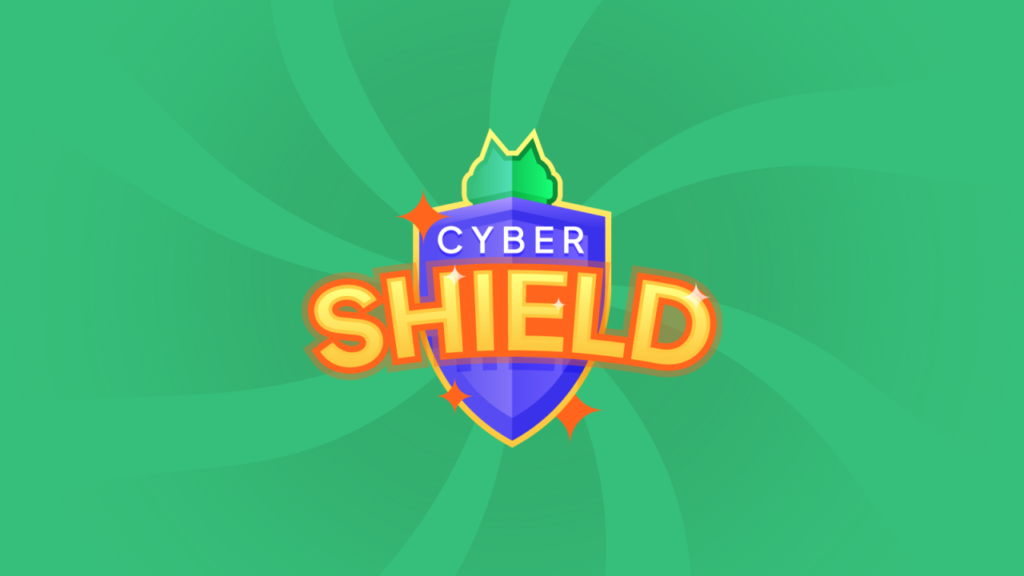

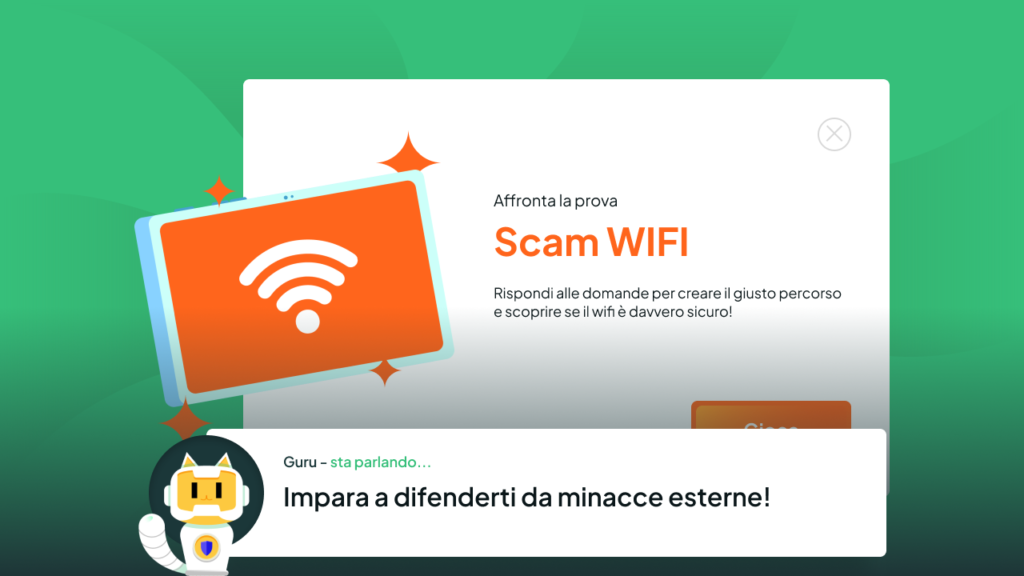
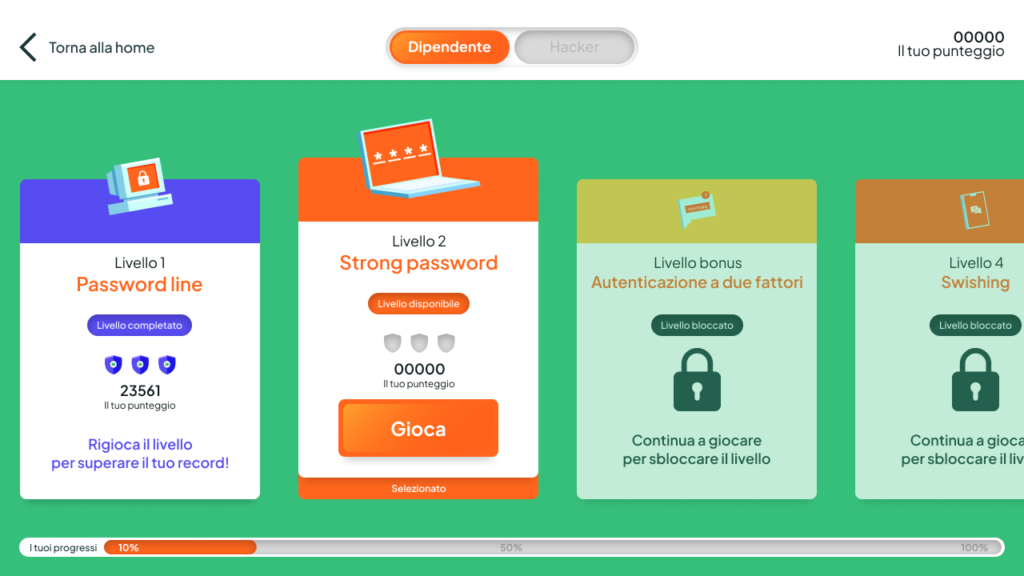
How and when was Gamindo born? What were the steps for the growth of the startup?
Gamindo was founded in early 2019 by myself and Matteo Albrizio. We started with the idea of creating an app that would allow people to donate without spending by playing video games. We couldn’t find a real product-market fit, and after a couple of years, we turned to branded games for marketing and education purposes. In 2021, we raised €500,000 from various investors, and in 2022, the company grew from two to twenty people.
Which game(s) and partnership(s) have given you the most satisfaction and popularity?
Space Shelter, made for Google, was one of our favourite projects because it allowed us to see one of our games on the most visited page in the world, and the link to the game was under the search bar of the Google page for a day. The other determining factor was the super-positive feedback we received from users. Another project was Il Gioco Delle Api by Mulino Bianco (part of the Barilla Group), aimed at educating people about the importance of bees for the environment. The game, which continues to be played two years after its release, has exceeded 600 thousand unique users and 6 million games in total.
What is your business model? Do you profit from the company you design the game for or the users?
Our business model is B2B, with companies paying for individual games. Cyber Shield and Play Jam, a mechanic suitable for corporate events, are the first two products we have started to license to companies as Software as a service.
How much funding has Gamindo received so far, and what is the trend for 2023?
We raised €500,000 from various investors in 2021 and recently brought in two prominent international advisors. Turnover in recent years has been €300,000 in 2021, €650,000 in 2022 and this year, we expect to reach one million. These numbers are still small in relation to our ambitions, but we want to take the right steps before scaling up the business.
What are your growth targets for the next 12-24 months?
The closest target is the release of two new projects for top companies in the luxury and banking industry. As for the future, the goal is to scale our products internationally, with a significant growth in turnover, while prioritising the happiness and growth of the people working in the company. We see a huge opportunity in game-based learning, and we will aim more and more in this direction.



